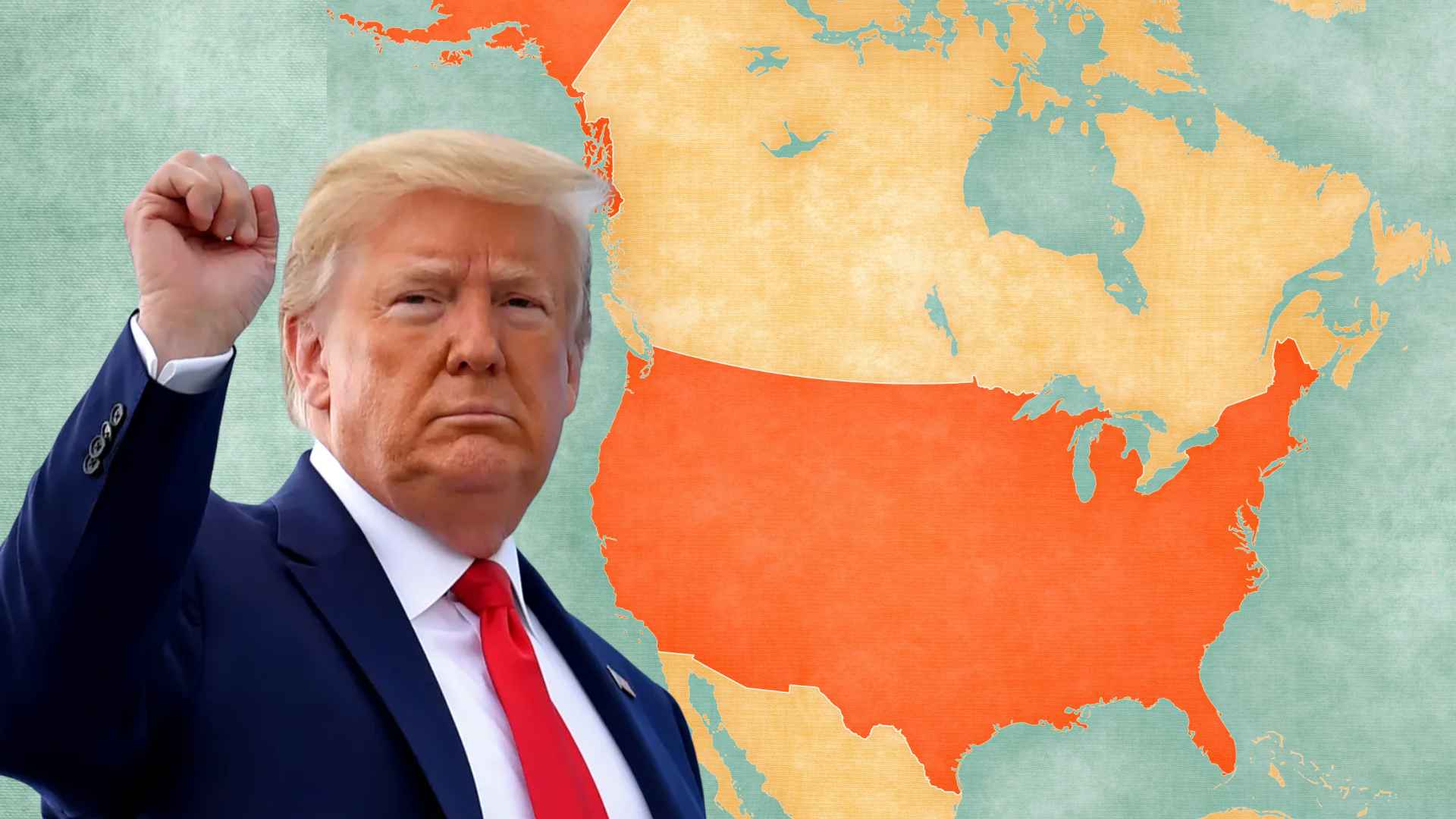Embassy spokesperson Michelle Angulo says deterring illegal immigration is the Trump administration’s top priority.
The U.S. Embassy announced it will end interview waivers for most non-immigrant visa applications to reduce immigration fraud and combat irregular migration. Michelle Angulo, spokesperson and communications and press attaché in Santo Domingo, shared the update during a visit to Santiago.
New in-person interview rule applies broadly, including children and older adults
Who needs to show up in person? Under the policy, face‑to‑face interviews will be required for all applicants, including children under 14 and adults over 79. Angulo said the measure follows the policy defined by the Donald Trump administration to curb illegal migration and deter overstays.
The Department of State announced the change on July 25, with an effective date of September 2, when most interviews must be conducted in person. Here are the key dates and limited exceptions at a glance.
| Item | Details |
|---|---|
| Announcement | July 25 (Department of State) |
| Effective date | September 2 |
| Exceptions | Limited renewals and diplomatic applications (see below) |
In short, plan for an in‑person appointment unless you meet a narrow exemption. Wondering if you qualify for an exception? The option will only be available for B1, B2, and B1/B2 renewals made within 12 months of the previous visa’s expiration, as well as for diplomatic applications. All other travelers should expect an interview.
Student visa applicants face social media checks to confirm trip purpose
What does this mean for students? Starting this month, student visa applicants must have their profiles accessible on social media platforms so consular officers can review accounts as part of the evaluation. The goal is to verify that the stated purpose of travel is legitimate and consistent with the application.
Officials describe the broader strategy as a regional effort against irregular migration. Combating it is the U.S. government’s “number one priority” in Latin America, Angulo said. “We are steadfast in our commitment to end illegal migration and strengthen U.S. border security,” she added, citing coordination among the State Department, the Coast Guard, and Immigration and Customs Enforcement (ICE).
Separately, on June 5 the U.S. government imposed entry bans on citizens of Haiti and 11 other countries and partially restricted entry for seven others, including Cuba and Venezuela, citing national security. The order took effect on June 9.

